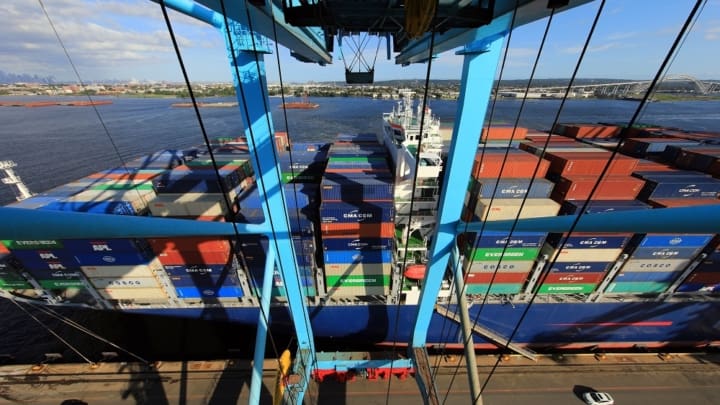
Tens of thousands of dockworkers have gone on strike indefinitely at ports across much of the US, threatening significant trade and economic disruption ahead of the presidential election and the busy holiday shopping season.
Members of the International Longshoremen’s Association (ILA) walked out on Tuesday at 14 major ports along the east and Gulf coasts, halting container traffic from Maine to Texas.
The action marks the first such shutdown in almost 50 years.
The ILA and the US Maritime Alliance (USMX), which represents carriers, port associations and terminal operators, are fighting over a six-year master contract that covers about 25,000 port workers employed in container and roll-on/roll-off operations.
Some of the cost of delays will likely be passed on by carriers to shippers in the form of demurrage and detention charges. However, the FMC amended its regulations in the aftermath of the COVID-19 port congestion crisis to set some limits on such charges.
Specifically, the regulations now require that demurrage and detention charges “be reasonable” and applied in a way that serves their intended primary purposes as financial incentives to promote freight fluidity.
For example, carriers must give sufficient notice to shippers that their cargo is available for pick up before the free time and demurrage clock can start running, and carriers cannot impose detention fees for the late return of empty containers when the containers cannot be returned.
Law firm Reed Smith warns there may be complaints by shippers that they were charged for demurrage before they could pick up their cargo, and for detention before they could return the empty containers.
“If carriers submit their demurrage and detention invoices late, or do not include sufficient information on them, or try to recover these charges from third parties that did not contract for the transportation, such as truckers, this will likely also lead to additional complaints, given that the new FMC regulations protect against such practices as well,” said Reed Smith lawyer Alice DeJuvigny Colarossi.
“It remains to be seen to what extent carriers will comply, and to what extent shippers will invoke the new rules and actually file complaints before the FMC in the event of violations.”
